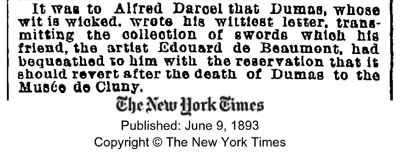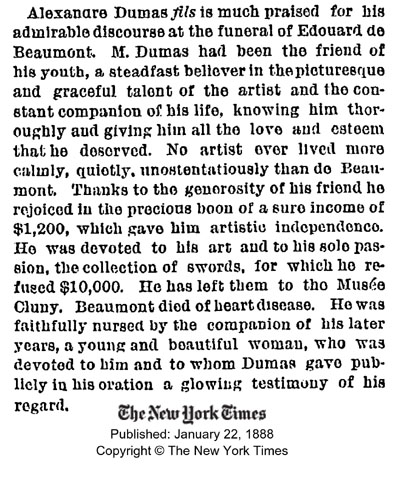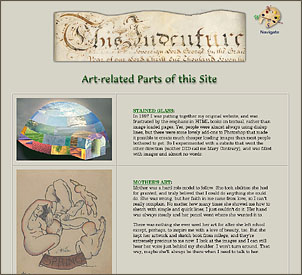Charles Francois Edouard De Beaumont (1812-1888)
[Edouard de Beaumont, Eduard de Beaumont, Charles Édouard de Beaumont]
| Pupil of:
| Charles Goutzwiller, Gabriel Guerin, Michel Drolling and Picot |
Several years ago death removed from the Paris art world one of its most
curious characters in Charles Francois Edouard de Beaumont.
He was born at Lannion, in 1821, and was the son of a sculptor. His father taught him to draw,
and sent him then to the painter A.F. Boisselier to continue his studies. Antoine
Felix Boisselier was a painter of history and historical landscapes, an artist of
sound technique and a good master. Influenced by him de Beaumont at first took
to landscape painting, in which field he made his debut at the Salon of 1838.
Some three years later he turned his attention to mythological and allegorical subjects,
in which his success was soon assured. He delineated the female figure with the
most seductive grace, and was a pure and charming colorist. Painting in watercolors and in
oils with equal facility, his works found a ready market, and he also prospered by
contributing illustrations to various publications. But the man was of a sensitive
nature, and disappointment of his ambition soured him. Year after year he exhibited at
the Salon without receiving official recognition, and he was nearly fifty years of age
before he received his first medal. This encouragement
came too late. He had become a recluse and a misanthrope. But for the persuasions of Alexandre Dumas,
who was his closest and almost his only friend, he would not have exhibited at all. He lived alone,
among his ancient arms and costumes, of which he was a passionate collector, working steadily to distract
his thoughts in his solitude, and disdaining the handsome returns the labors of his
gifted pencil brought in, sinking into ever deeper gloom until, without being positively insane,
as the great landscape painter Theodore Rousseau became from the same cause, he grew into a monomaniac
on the subject of the injustice with which he was treated and which he regarded as the result of an
organized conspiracy. In 1877 he sent to the Salon "A Nest of Sirens," which created a furor.
The beauty of the figures, the grace of the composition, and the charm of the color rendered it
one of the pictures of the year. The subject is the endeavor of the sisters of the sea to lure
the bark of Ulysses to wreck upon the reefs. The decoration of the Legion of Honor was the result
of this superb work, but even this did not tempt the painter from his course. He persisted in his
bitter moodiness until his death. Among his later productions were several series of beautiful
water-color drawings, to illustrate luxurious editions of "Bluebeard" and other fairy-tales.
Previous Artist Next Artist








![]() Copyright © 2007, Mary S. Van Deusen
Copyright © 2007, Mary S. Van Deusen